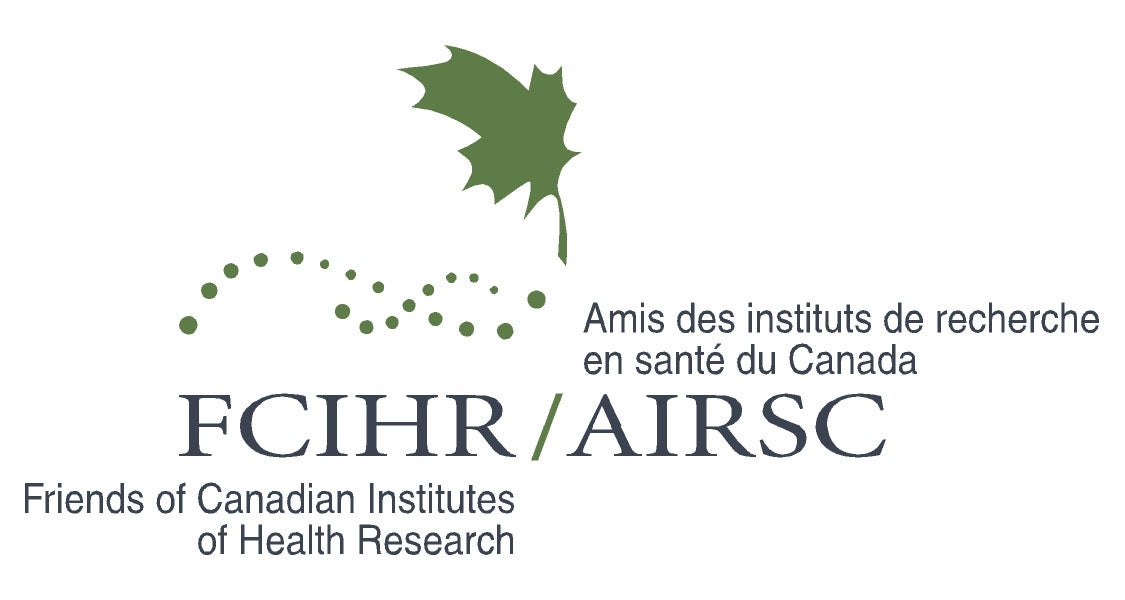Friesen Prize Lecture
Wednesday, February 5, 2025
Location: Senate Room 3407, Needles Hall (NH), University of Waterloo
You’re invited to attend the Friesen Prize Lecture, a public event and panel discussion featuring Dr. Gordon Guyatt, recipient of the 2024 Henry G. Friesen International Prize in Health Research, awarded by Friends of CIHR.
Please register below to attend the Friesen Prize Lecture as seating is limited.

Agenda
11:00 a.m. - 12:00 p.m.
Panel discussion: Dr. Guyatt engages with an interdisciplinary panel of researchers from across the University of Waterloo about the role of evidence in health decision making - past, present and future.
Panel members:
- Dr. Gordon Guyatt (See biography below)
- Dr. Jennifer Dean – Faculty of Environment
- Dr. Richard Cook – Faculty of Math
- Dr. Samantha Meyer – Faculty of Health
- Dr. Jenna Dixon – Faculty of Environment
1:00 - 2:30 p.m.
Lecture by Dr. Guyatt: The Past, Present and Future of Evidence Based Medicine
2:30 - 3:00 p.m.
Meet and Greet

Dr. Gordon Guyatt
OC, MSc, MD, FRCP(C)
Distinguished University Professor, McMaster University
Dept. of Health Research Methods, Evidence, and Impact
Dr. Gordon Guyatt is an academic clinical investigator and educator. In 1990, he coined the term "evidence-based medicine" (EBM) to describe a new approach to medical education and practice. Since then, he has been a leading figure in providing educational resources for EBM, a leading innovator in EBM research methods, and made major contributions to clinical trials that have improved patient care.
Dr. Guyatt received his MD from McMaster University in 1977, completed residency training in internal medicine in Toronto and McMaster in 1982 at which time he joined the then Department of Clinical Epidemiology and Biostatistics and the Department of Medicine, becoming a Distinguished McMaster Professor in 2010.
In 1990 Dr. Guyatt became the Director of the Internal Medicine residency training and implemented a training program that established EBM as a new way of teaching and practicing medicine. Dr. Guyatt subsequently led the "Evidence-based Medicine Working Group" in describing the approach to teaching and practice he was pioneering and led a series of over 30 "Users' Guides to the Medical Literature" published in JAMA, a series that has provided the underpinning of all subsequent expositions of evidence-based practice.
Dr. Guyatt has made major contributions in a number of areas of clinical research. In health status measurement, his pioneering work includes articulation of the concepts of responsiveness and interpretability, and the development of a number of widely used instruments for measuring health-related quality of life.
Dr. Guyatt has played a major role in the planning and conduct of a large number of randomized control trials of a wide variety of health interventions. He has made major contributions to clinical trial methodology beyond quality of life measurement, including single-subject randomized trials, trials stopped early for benefit, and the use of composite endpoints.
Dr. Guyatt was one of the first to suggest methodological standards for the conduct of systematic reviews and meta-analyses, and has continued to make major contributions in this area, including seminal work in the conduct and interpretation of subgroup analyses in both individual trials and systematic reviews. He was instrumental in creating the enormously influential GRADE approach to rating certainty of evidence in systematic reviews and moving from evidence to recommendations, an approach that has been adopted in over 110 organizations worldwide.
Dr. Guyatt has published over 1,500 peer-reviewed articles that have been cited over 200,000 times, establishing him as one of world’s 20 most cited living scientists. His work has been recognized by his appointment as an Officer of the Order of Canada, a Canadian Institute of Health Research Researcher of the Year, a member of the Canadian Medical Hall of Fame, and a recipient of the Einstein Foundation Award for promoting the quality of medical research.